Beauty has no obvious use; nor is there any clear cultural necessity for it. Yet civilization could not do without it
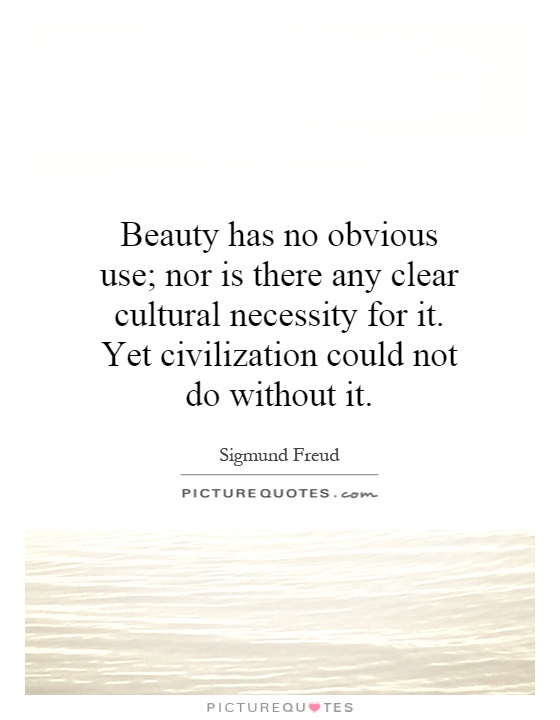
Beauty has no obvious use; nor is there any clear cultural necessity for it. Yet civilization could not do without it
Sigmund Freud, the renowned psychoanalyst, may not have directly addressed the concept of beauty in his works, but his theories on the human psyche can shed light on why beauty is so integral to civilization. Freud believed that the human mind is driven by unconscious desires and conflicts, and that these hidden forces shape our thoughts, emotions, and behaviors. In this context, beauty can be seen as a manifestation of these unconscious drives, serving as a means of expressing and fulfilling our deepest desires.While beauty may not have an obvious practical use or clear cultural necessity, it plays a crucial role in shaping our perceptions, emotions, and interactions with the world around us. Freud argued that beauty has the power to evoke powerful emotions and desires in us, tapping into our unconscious minds and stirring up complex feelings of pleasure, desire, and longing. In this sense, beauty serves as a powerful force that can influence our thoughts and behaviors in profound ways.
Moreover, Freud believed that beauty is closely linked to our sense of self-worth and identity. He argued that our perceptions of beauty are shaped by our unconscious desires and conflicts, and that our sense of beauty is intimately tied to our sense of self. In this way, beauty can be seen as a reflection of our innermost desires and conflicts, serving as a means of expressing and exploring our deepest selves.
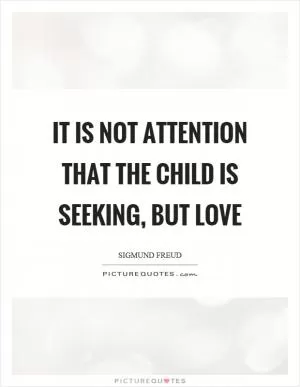


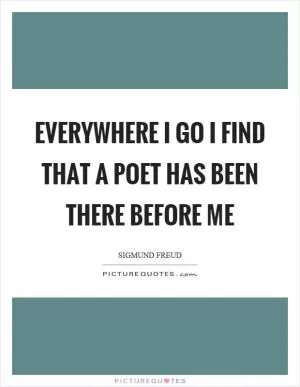
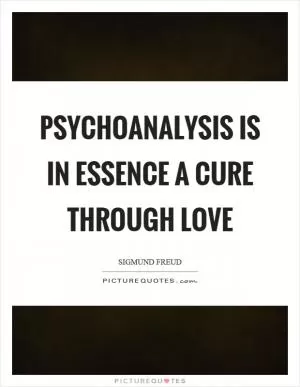


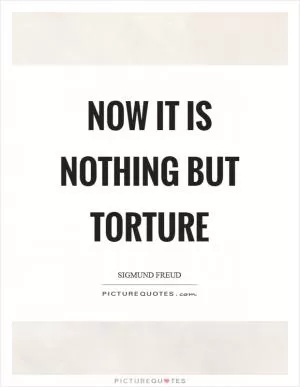
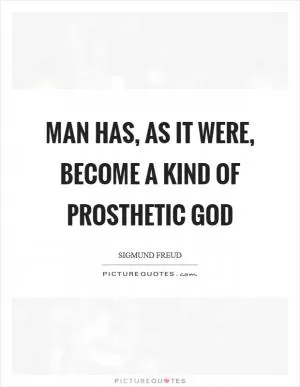
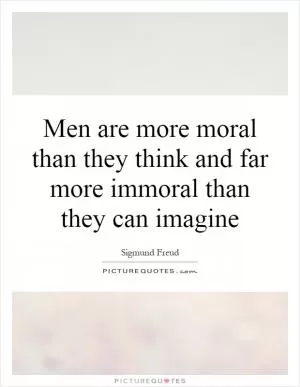
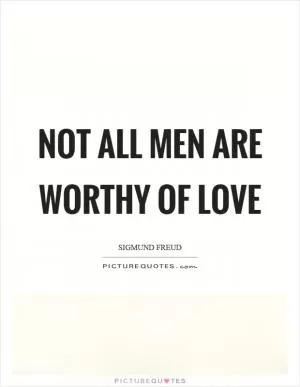
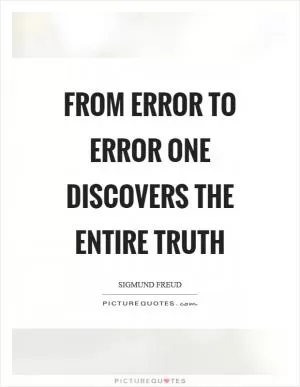
 Friendship Quotes
Friendship Quotes Love Quotes
Love Quotes Life Quotes
Life Quotes Funny Quotes
Funny Quotes Motivational Quotes
Motivational Quotes Inspirational Quotes
Inspirational Quotes